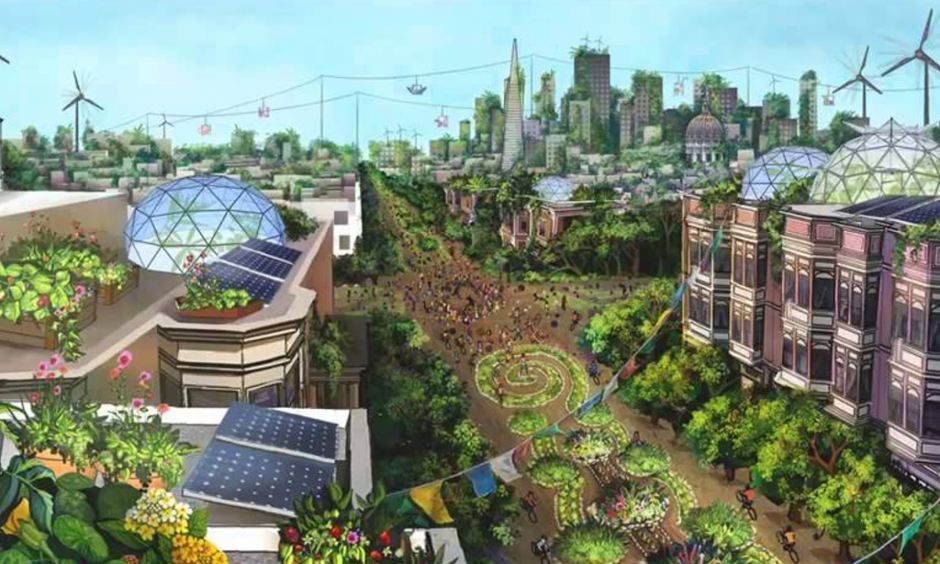Today we are facing deep, intertwined social and ecological crises that are rooted in the problem of social domination of humanity and the attempt to dominate nature. In facing these problems, we are called to meet two important challenges. First, we must cope with the symptoms of a society of domination and the many forms of oppression which characterize it. Second, we must also offer a reconstructive and revolutionary path for the development of a truly democratic and ecological society.
We oppose all forms of domination and aim to construct a world based on freedom. We aim to appeal to people with backgrounds in various traditions and experiences, but who are united by a common worry about the current world situation. Through a collective, participatory process, this convergence has the educational goals of deepening participants’ understanding of the relationship between society and the natural world and expanding their knowledge about the range of possible solutions to our current ecological current crisis. We use eco-socialism to refer to all anti-capitalist schools of thoughts that, in both theory and practice, link together ecological and social dimensions. We aim to work from the similarities rather than the differences; to include and not exclude; to create a positive unity in diversity.
Revolutionary education
At the present historical moment, the Left is disorganized and in disarray. We need new ideas and new tools for social change. Thus, now more than ever, we need popular, radical and transformative forms of mutual education are needed to help create those elements for a powerful future for the left. As social theorist Murray Bookchin put it “Every revolutionary project is an educational project.”
Education for revolutionary change requires a particular intentionality; it is continuous effort to embody the principles of an ecological society in the form, content, and institutional structures. In other words, the goal is to restore harmony and wellbeing for the creation of environmentally and socially resilient communities.
Convergence
Convergence describes the tendency for people, objects, and other phenomena to come together. We see convergence in nature in the locations where airflows or ocean currents meet. For example, when airflows converge, the result can be anything from a cloudy day to a raging storm. The outcome of a convergence amounts to more than the sum of its parts.
This program intends to bring about a convergence of mind, a meeting a people committed to social change. This idea of convergence is inspired by the Zapatista practice of encuentro; a place of encounter and inquisition. When people converge, they come to understand themselves, each other, and construct a shared platform of creativity and resistance. As Subcomandante Marcos, spokesperson of the Zapatistas, explains: “Encuentro isn’t about constructing a world rebellion. That already exists. It’s about constructing a space where this rebellion encounters itself, shows itself, begins to know itself.”
This educational convergence seeks to build a culture of resistance; a culture in constant development, able to overcome the gap between sporadic “activism” and the ordinary world. Thus, all the activities will be shaped around the framework of discovery, engagement, and transformation. The first step will be to discover different and militant knowledge. The second will be to engage with our environment and reflect on existing examples of social change. The third will be to apply and modify this new knowledge to transform our world and practices. Ultimately, the purpose of this program is to help prepare well-rounded individuals who can work effectively as participants in the process of ecological reconstruction.
